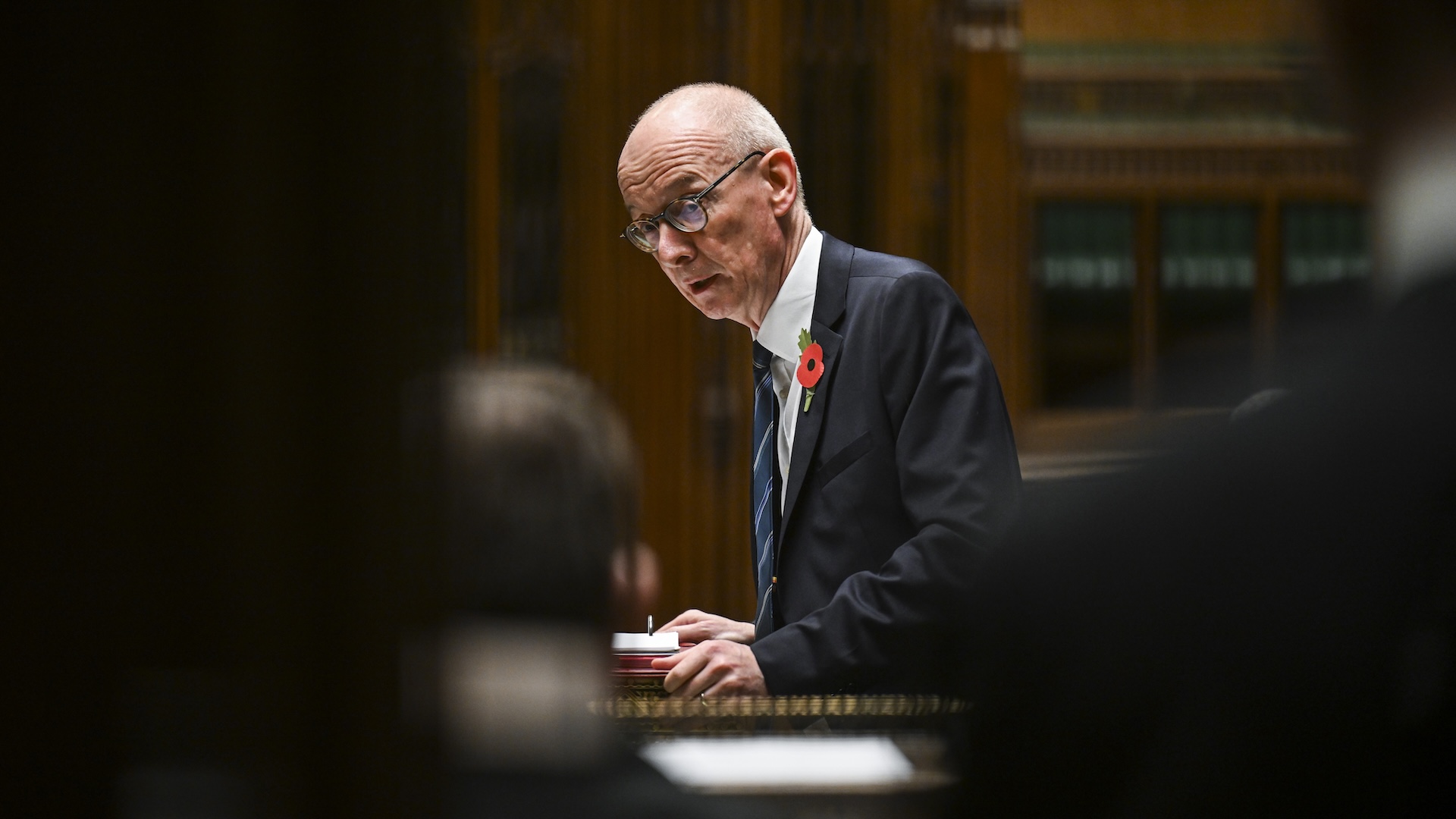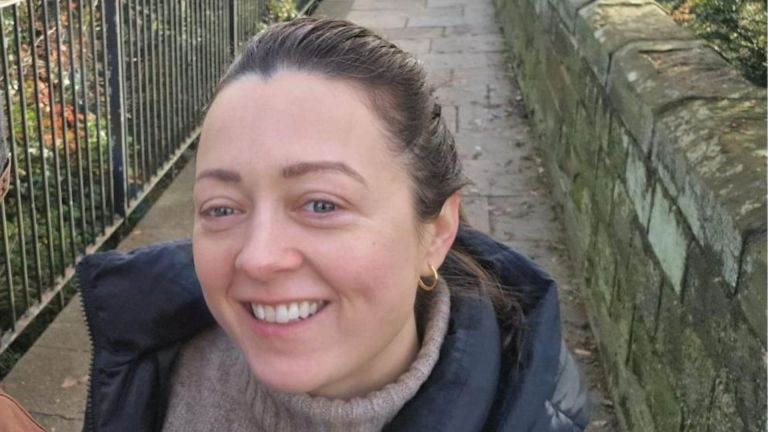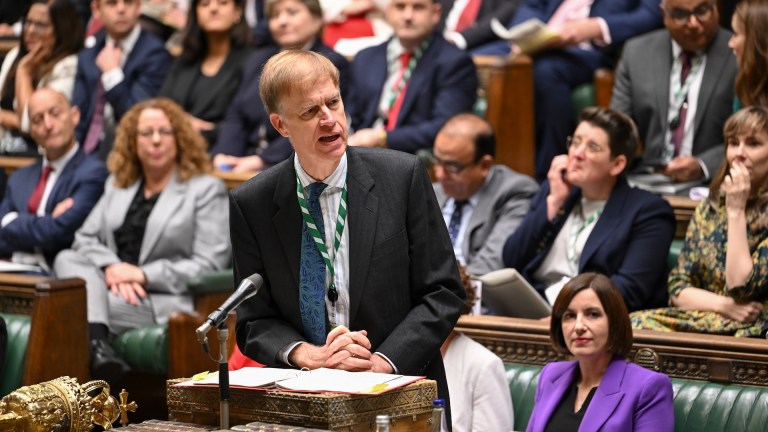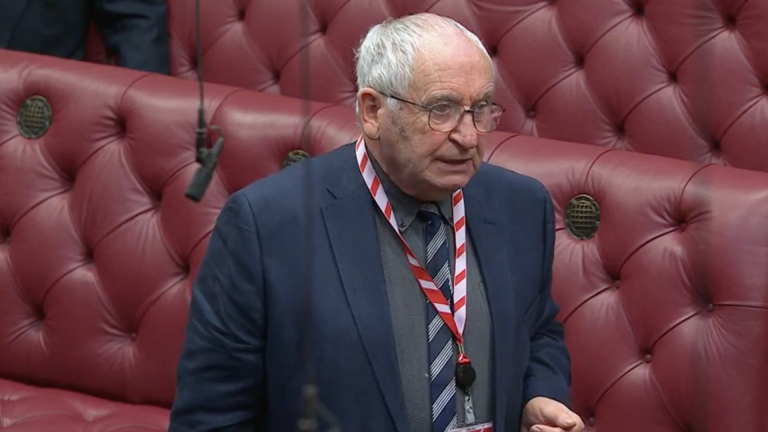But what if I told you the alternative already exists? That thousands of disabled people were involved in its creation? And it would be the radical change we need?
To learn more about what this alternative system could be, I spoke with Ellen Morrison and Rosa Morris from the Commission on Social Security about their recently launched plan for an additional costs disability payment, which they believe could and should replace personal independence payment (PIP).
It would ensure payments cover the real additional costs of disability, and it would replace the points-based assessments with a process rooted in the social model of disability.
It would also guarantee that decisions are made with disabled people, not imposed on them, and provide advocacy and support throughout the process.
I hope that, in reading Morrison and Morris’ answers, you, like my colleagues and I at Disability Rights UK, recognise this platform as the future of the benefits system. It is the plan for change we all need and for which we should strive.
Tell me about yourselves and your project.
Advertising helps fund Big Issue’s mission to end poverty
We are disabled people with direct experience of the social security system. The Commission on Social Security began in 2018 and launched in 2019, recognising that poverty today is worse than in the 1960s and 1970s.
The welfare system was failing, but few alternatives were proposed. Our guiding principle is simple: put those directly affected at the heart of policymaking to avoid repeated failures and harmful misconceptions.
Why is it important that disabled people put forward our own ‘plan’ for social security?
When policy is made without lived experience, it is often based on damaging stereotypes. The disabled people’s movement has long said “nothing about us without us”. Too often, decisions are made without us, even though they profoundly shape our lives. The only way to ensure policies work, and do not worsen inequality, is to involve disabled people fully in their design: from the beginning through to implementation.
Why now? What has changed since you began in 2019?
In 2019, the system was already broken. Six years later, even under a Labour government, claimants face more hostility. The pandemic briefly showed how vital social security is when millions relied on it. Instead of building on that lesson, successive governments have imposed further cuts and punitive measures.
Advertising helps fund Big Issue’s mission to end poverty
What’s different in your plan compared with what big charities campaign for?
Many charities share our concerns, but often focus on preventing cuts rather than proposing alternatives. Our plan is different because every proposal was developed by experts by experience: people who use social security.
We ran consultations targeting claimants, alongside input from policy specialists. Lived experience is central, not marginal. While some charities involve claimants, this is often through consultation rather than co-production. Our model ensures people directly affected shape priorities, proposals, and final decisions, making our plan grounded in the realities of those who rely on the system.
How can we get the public onside? What needs to happen for your plan to succeed?
Social security must be framed as belonging to everyone. We may all need it, and it benefits society now. Decent support reduces poverty, improves health, and strengthens communities. Payments are spent locally, boosting demand and jobs.
Research shows language matters: the public responds more positively when social security is described as universal and rooted in dignity, not as “benefits” for a separate group. Divisive talk of ‘taxpayers versus claimants’ is misleading. We all contribute in different ways and all benefit. Social security isn’t a drain – it is an investment in a fairer, healthier society.
Advertising helps fund Big Issue’s mission to end poverty
We’re living through a chaotic political moment. Will this help or hinder you?
People are desperate for something better, but the debate still frames social security as a burden. This ignores its wider benefits, and conversely, the subsidies enjoyed by the wealthiest through tax breaks and loopholes. What is needed is a counter-narrative: a system that guarantees everyone enough to live on, not one built on punishment. Growing dissatisfaction with the status quo creates an opportunity to argue that decent social security is central to improving life for all.
How can your plan shape the Timms Review of PIP? What should they learn?
We welcome the review’s commitment to co-production, but it must be genuine. People who use social security understand its impacts best. Our proposals stress holistic reform: changes to PIP affect carers’ benefits, employment and more.
Concerns about recent proposals show how knock-on effects were overlooked. The review must avoid tinkering with assessments or pursuing cuts. What is needed is transformation: a system that provides real support and security, not one that creates additional harm and uncertainty.
What would you say to Prime Minister Keir Starmer about his government’s approach to disability benefits?
Advertising helps fund Big Issue’s mission to end poverty
Something must change. Disabled people were deeply disappointed by cuts in the government’s first year. The Timms Review offers a chance to reset, but only if co-production is genuine and lived experience drives decisions.
We also urge the reversal of cuts to the health element of universal credit. These push people deeper into poverty and must be undone if the government is serious about rebuilding trust with disabled people. There is still time to change course, but action must be urgent and far-reaching.
People who rely on social security know best how policy works in practice, and what must change. Their guiding principle is simple: put those directly affected at the heart of policymaking to avoid repeated failures and harmful misconceptions.
MIkey Erhardt is a campaigner for Disability Rights UK.
Do you have a story to tell or opinions to share about this? Get in touch and tell us more.
Reader-funded since 1991 – Big Issue brings you trustworthy journalism that drives real change.
Advertising helps fund Big Issue’s mission to end poverty
Every day, our journalists dig deeper, speaking up for those society overlooks.
Could you help us keep doing this vital work? Support our journalism from £5 a month.





